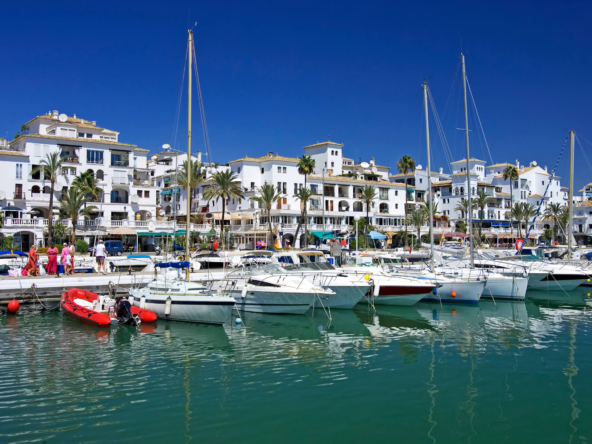Spain has long been a popular destination for tourists, but it has also become a desirable location for property investors. With its warm climate, stunning beaches, and rich cultural heritage, it’s no surprise that Spain is a top choice for those seeking a vacation home or investment property. Explore the benefits and factors to consider when investing in Spanish property. Unlock opportunities in the vibrant real estate market.
If you’re considering investing in a property in Spain, there are several key factors to keep in mind. Here’s what you need to know.
Investing in Spanish property.
Location, Location, Location
One of the most important factors to consider when investing in a property in Spain is location. Spain has many desirable areas, from the Costa del Sol to the Balearic Islands, and each location offers different benefits and challenges.
If you’re buying a property for personal use, you’ll want to choose a location that meets your specific needs. For example, if you want a quiet, peaceful retreat, a property in a remote area may be the right choice. However, if you’re looking for a bustling area with plenty of nightlife and entertainment, a property in a busy city or beach resort may be a better fit.
If you’re buying a property as an investment, you’ll want to choose a location that is likely to attract tenants or holidaymakers. Areas with good transport links, plenty of local amenities, and attractive scenery are all popular choices.
Know Your Budget
Before investing in a property in Spain, it’s important to know your budget. Property prices in Spain can vary widely depending on location, property type, and other factors, so it’s important to have a clear idea of how much you can afford to spend.
In addition to the purchase price of the property, you’ll also need to factor in additional costs such as taxes, legal fees, and maintenance expenses. Make sure you have a thorough understanding of all the costs involved before making a purchase.
Understand the Buying Process
The process of buying a property in Spain can be different from what you’re used to in your home country. It’s important to understand the process and requirements before making an investment.
In Spain, it’s common for buyers to use the services of a lawyer or legal representative to handle the purchase process. This can be especially important if you’re not fluent in Spanish or are unfamiliar with local laws and regulations.
Another important consideration is the payment process. In Spain, it’s common for buyers to pay a deposit of around 10% of the purchase price when signing the purchase agreement. The remaining balance is typically due when the property is transferred to the buyer.
Consider the Property Type
There are many different types of properties available in Spain, from apartments and villas to townhouses and rural properties. Each type of property offers different benefits and drawbacks, so it’s important to choose the right type of property for your needs.
For example, if you’re buying a property as an investment, an apartment in a busy city center may be a better choice than a rural villa. Alternatively, if you’re looking for a personal retreat, a villa in a remote location may be the right fit.
Check the Condition of the Property
When investing in a property in Spain, it’s important to check the condition of the property before making a purchase. This can help you avoid costly repairs and maintenance expenses down the line.
Before making an offer, make sure to have the property inspected by a qualified professional. This can help you identify any issues with the property, such as structural damage or water damage, that may not be immediately apparent.
In addition to a property inspection, it’s also a good idea to check the property’s legal status. Make sure the property has all the necessary permits and is registered with the local authorities.
Conclusion
Investing in properties in Spain can be a wise decision due to its strong economy, stable political environment, and growing real estate market. The country offers a diverse range of properties that cater to different lifestyles and budgets. Before investing in a property, it is important to research the location, potential rental income, and legal requirements.
Working with a reputable real estate agent can also help ensure a successful investment. Factors such as tax implications and currency exchange rates should also be taken into consideration. It is recommended to have a clear investment plan and budget in place before making any decisions. Spain’s Golden Visa program also offers an opportunity for non-EU citizens to gain residency through property investment. Overall, investing in properties in Spain can provide both financial and lifestyle benefits.




